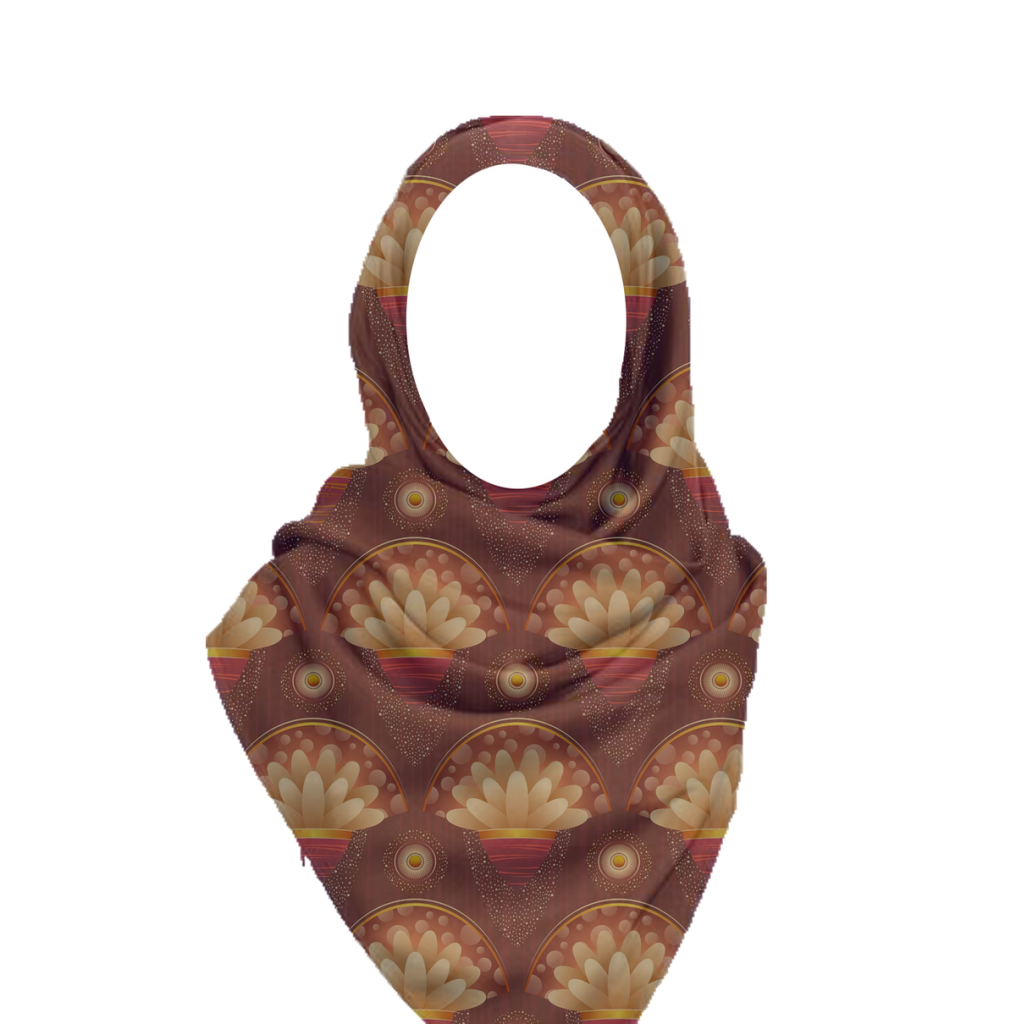A rebuttal to a disturbing and misinformed article regarding the burkini ban
Last month, The Concordian published an opinion piece entitled “Advocating for a full ban of the controversial burkini.” The argument made by the contributor was typical. It claimed that Muslim women who wear the burkini are disempowered and are prevented from “taking full control of their bodies.” After reading the article, I was infuriated, annoyed and disturbed to say the least, and I’m tired of these stereotypes surrounding Islam.
A 2016 study released by the Environics Institute, a Canadian-based social science research centre, revealed the number of hijab-wearing women has increased over the last decade in Canada, particularly among younger adults between the ages of 18 and 34. Also, 52 per cent of Canadian Muslim women wear the hijab or other headscarves in public, according to the same study. Many women choose to wear the hijab—they don’t wear it simply because they were coerced into doing so by their religion, as the article implied.
The idea of the hijab as a tool of oppression is widely held throughout the Western world. In my opinion, the hijab isn’t a symbol of oppression. Oppression exists because of various socio-economic reasons, and it exists in countries outside of the Muslim world.

I won’t argue that oppression isn’t a problem in Islamic countries. There are a lot of countries under Islamic law that impose restrictions on women which are completely unjustified—but these are not issues that stem from Islam. For example, in Saudi Arabia, women are not allowed to drive. Many people blame Islam for this policy but in the Qur’an, it is stated nowhere that this is true.
Countries such as Saudi Arabia and Pakistan are led by predominantly male political and religious leaders who—in my opinion—misinterpret the Qur’an and implement made-up rules that allow them to control women. It’s a question of culture, not religion.
In the article that was published, the writer chose to use a verse from the Qur’an that says that women should conceal their bodies and only reveal themselves to their husband. The thing is, there’s a huge double standard when it comes to Islam and the idea of sexism. For example, in the Christian bible, there are also verses where women are deemed inferior to men. I could take any religious quote from any religious text and distort the meaning, thus taking it completely out of context.
When the Qur’an was first written, it actually gave a lot of women in the Arab Peninsula rights they didn’t have before. For example, the fourth chapter of the Qur’an is titled “An-Nisa” or “Women” and discusses women’s issues and inheritance laws. Women were allowed to inherit property during this time, and were entitled to child support if they chose to divorce.
To a Muslim woman who chooses to wear the headscarf or to dress modestly, the hijab means to be free. She is choosing to put the attention not on her physical beauty, but on the other assets that make her who she is: her brain, her wit, her thoughts. The hijab emphasizes a woman’s personality, and she is simply asserting that her physical appearance shouldn’t play a role in her social interactions. Also, women who choose to wear the hijab might be doing so because of their own personal relationship with God. There are various reasons for women to dress modestly not just because they feel forced to do so.
When I defend the hijab, I’m usually told that I have internalized sexism and that I’m allowing women to be oppressed by Islam. But that’s not true. I’m an intersectional feminist, which means that I advocate for those of various social identities and those who are oppressed or discriminated against because of their race, sexuality, etc. While I agree a woman shouldn’t be forced to wear something she doesn’t want to, I also defend the idea that a woman shouldn’t be told not to wear something just because it might offend a few Westerners.
The hijab is another form of female expression, not oppression. Here in Canada, women are allowed to dress however they want, and Muslim women absolutely have the right to wear the hijab if they chose to do so.
Read the article ‘Advocating for a full ban of the controversial burkina’ here: theconcordian.com/2016/09/banontheburkini




